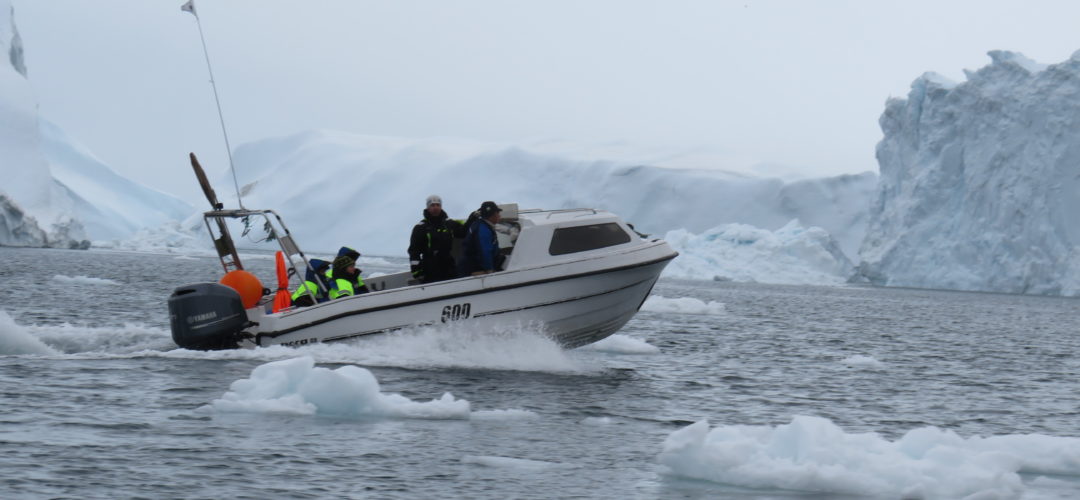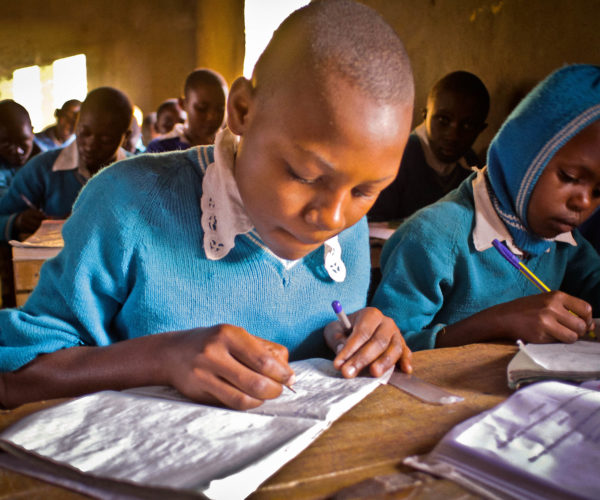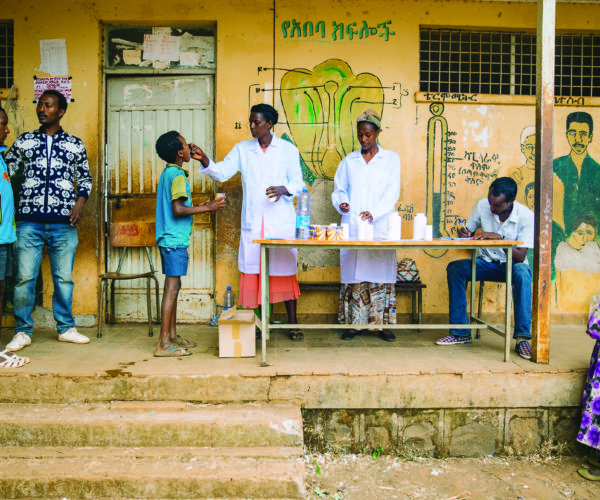Arctic Funders Collaborative
October 12, 2018
Now just over 10 years old, the Arctic Funders Collaborative (AFC) is a learning community primarily focused on knowledge exchange, learning opportunities, and raising the profile of the Arctic region. The interests of the group’s current 11 members, which include public and private foundations, vary across a range of social and environmental initiatives in the Northern hemisphere. Members include the Gordon and Betty Moore Foundation, Oak Foundation, Tamalpais Trust and the Windrose Fund. What unites them is a focus on the geographic region.
The AFC’s official mission is to promote more informed and effective grantmaking to support healthy Arctic communities and ecosystems, which it describes as leveraging support for opportunities across the Arctic that advance land and water stewardship, capacity building for Indigenous peoples, and community and cultural well-being. This emphasis on learning and engaging with local communities is a hallmark of systems change philanthropy.
What distinguishes the AFC is its clear focus on encouraging grant making that involves and is respectful of those living in the Arctic region. Members’ priorities include ensuring the participation of Arctic communities in the decisions that impact their lives and giving those communities the resources to amplify their voices on issues affecting the region.
Members have learned the value of spending time in the region, building trust and establishing relationships, and are always evolving what it means to be in tune with the local culture. They are clear that they do not represent the indigenous community, but,with the support of the AFC’s Executive Director, Itoah Scott-Enns, the collaborative is able to make space for local perspectives and voices to lead philanthropic work.
The AFC itself is not a grant making entity. However, members help one another with due diligence and, by getting to know one another through the collaborative, members often align funding and have, at times, established joint projects such as the Arctic Indigenous Fund at Tides Canada Foundation. The members also maintain a joint database collating the grants they make in the region so that can track where investment is going, how it is being distributed, and what exciting initiatives are happening across the Arctic.
One of the AFC’s most valuable offerings is its learning trips. On those trips funders meet with regional leaders and community members to learn about local cultures and understand community goals and interests. These trips are especially beneficial for funders new to the region. They rely on each other’s networks to build new community connections and strengthen existing ones. In addition to the trips, members meet annually and share resources on an informal basis as well.
The AFC is community of practice aiming to support locally-led growth in Northern philanthropy. As one of the collaborative members shared, “No one foundation can do this work alone.”
Back to News


